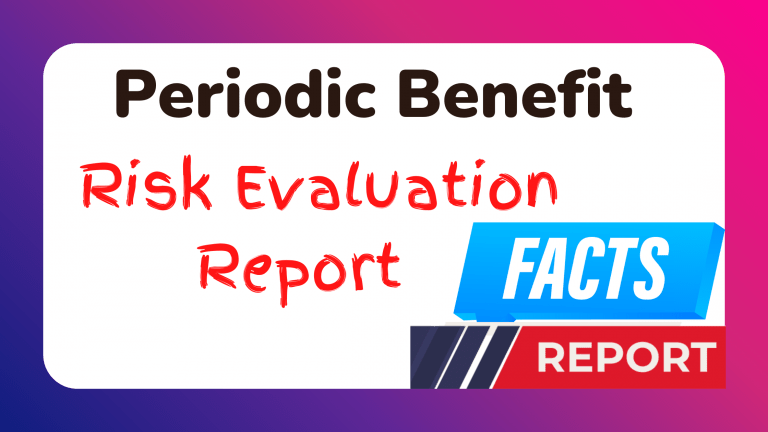Mastering Pharmacovigilance: A Step-by-Step Guide to Becoming a Specialist
Mastering Pharmacovigilance: A Step-by-Step Guide to Becoming a Specialist
Introduction
Pharmacovigilance is all about watching over medicines to make sure they’re safe and effective for us to use. This work helps protect people’s health by checking for any bad effects or problems with drugs.
Pharmacovigilance is really important because as new medicines are being developed and used all around the world, keeping an eye on their safety is a big deal. This means there are lots of jobs for people who know how to do this well.
In this guide, we’ll show you how to become a pharmacovigilance specialist. Whether you’re just starting or you’re already in the field and want to know more, these steps will help you succeed.
Understanding the Basics of Pharmacovigilance
Before you can start a job in pharmacovigilance, you should understand the basics.
1. Definition and Goals:
– Pharmacovigilance is about checking and understanding bad reactions or events caused by drugs.
– The main goal is to make sure medicines are safe for people and that they help more than they cause problems.
2. Important Ideas:
– Adverse Drug Reactions (ADRs): These are harmful results from a drug when used normally.
– Adverse Events (AEs): These are any bad signs, symptoms, or diseases that happen when using a medicine.
3. Who Makes the Rules:
– Get to know the big organizations like the Food and Drug Administration (FDA), the European Medicines Agency (EMA), and the World Health Organization (WHO).
– They have guidelines that tell everyone how to watch over medicine safety.
Building a Strong Educational Foundation
Learning is super important if you want to work in pharmacovigilance.
1. What to Study:
– It helps to have a degree in Pharmacy, Medicine, or Life Sciences.
– Knowing about public health, epidemiology, or clinical research is also good.
2. Classes and Certificates:
– Take classes just about pharmacovigilance at good schools.
– Get more training to understand this field even better.
3. Keep Learning:
– Keep up with new ideas, technology, and rules by going to classes or online seminars.
– Learning more as you work helps you do your job better.
Gaining Practical Experience
Getting real experience is key when you’re becoming a pharmacovigilance specialist.
1. Starting Jobs:
– Look for internships or starter jobs in pharmacovigilance to learn on the job.
– These jobs teach you about real-life work in medicine safety.
2. What You’ll Do:
– You’ll check risks, look over case reports, and keep track of medicine safety databases.
– Also, you’ll work on data analysis and help make plans to manage risks.
3. Making Connections:
– Meet others by going to industry meetings, online groups, and joining professional associations.
– A mentor can help guide you and give career advice.
Developing Essential Skills
Good pharmacovigilance specialists need strong skills.
1. Thinking Critically:
– Look at and understand lots of data to make decisions about medicine safety.
2. Being Careful:
– Check reports closely to find any safety issues with medicines.
3. Talking and Working with Others:
– Share your findings and work well with different teams.
4. Knowing Computer Programs:
– Knowing how to use databases like EudraVigilance, MedDRA, and Argus Safety is a plus.
Advancing Your Career in Pharmacovigilance
There are many ways to move forward in your career.
1. Specializing:
– You might specialize in signal detection, risk management, compliance, or regulatory affairs.
2. More Learning:
– Look for more education or get more certificates to know even more about specific areas.
3. Getting Certified:
– Get certified by groups like the Drug Information Association (DIA) to show your skills.
Staying Informed and Up-to-Date
Staying updated with the latest discoveries and trends is very important in pharmacovigilance.
1. Reading Journals:
– Read journals like Drug Safety and the Journal of Pharmacovigilance.
2. Going to Conferences:
– Go to meetings and workshops to learn from experts and connect with others.
3. Joining Groups:
– Join professional groups like the International Society of Pharmacovigilance (ISoP) for resources.
Overcoming Challenges in Pharmacovigilance
Sometimes pharmacovigilance can be tricky, but you can handle it.
1. Following Rules:
– Keep up with changes in rules so you follow them.
2. Handling Lots of Data:
– Use technology to help manage and look at all the data you get.
3. Always Improving:
– Keep learning and improving so you can help keep drugs safe.
Conclusion
Becoming a pharmacovigilance specialist might be tough, but it’s a job that makes a real difference. You help make sure medicines are safe and save lives. If you like drug safety and want to be part of this important work, think about a career in pharmacovigilance. With hard work and learning, you can master this important field.
Additional Resources
Here are some extra ways to learn more:
1. Books to Read:
– “Pharmacovigilance: A Practical Approach” by David Arundel.
– “Fundamentals of Pharmacovigilance” by Elizabeth Andrews and Nicholas Moore.
2. Online Courses:
– Check out courses from places like the University of Hertfordshire or DIA.
3. Reach Out to Groups:
– International Society of Pharmacovigilance (ISoP)
– Drug Information Association (DIA)
Start your journey in pharmacovigilance today and be part of the team ensuring medicine safety around the world!






